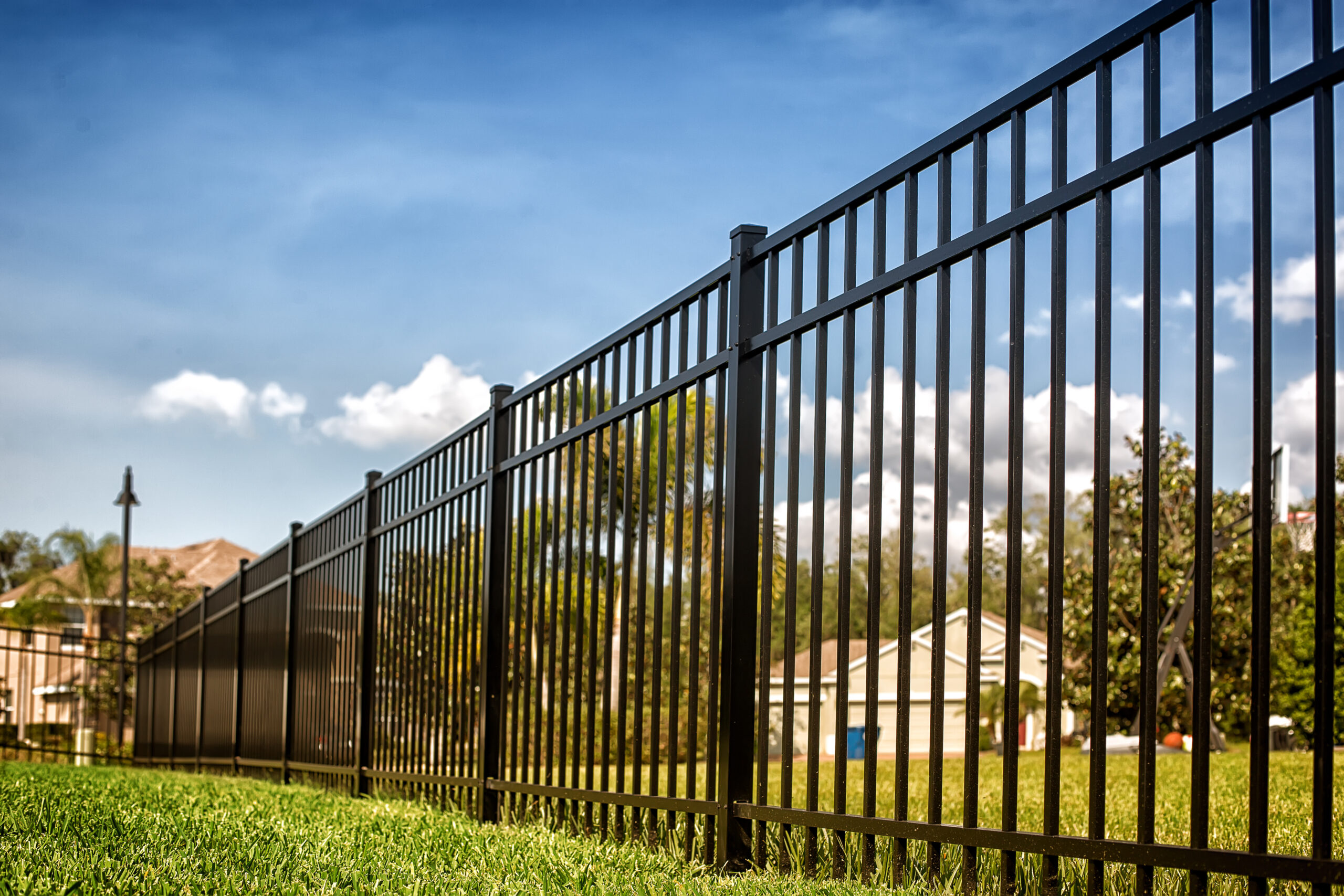Challenging a will can be both legally complex and emotionally difficult. If you suspect that a will may be invalid, we can help you to investigate the circumstances in which the will was prepared and executed.
Challenging a will – the process
The first thing to do when challenging a will is to seek immediate legal advice from an experienced solicitor. They will be able to determine if you have the appropriate grounds for a claim.
Once your solicitor has established you have genuine ground to challenge the validity of a will, they will submit a Caveat to the Probate Registry, to stop a grant of probate being issued in respect of the will concerned.
It is also important to gather evidence in support of your claim, which may include the testator’s medical records, the will drafter’s file, witness evidence and in some circumstances expert evidence. Sadly, will disputes are becoming increasingly common, particularly following the pandemic, which caused difficulties with regard to will drafter’s meeting their client’s face to face to take instructions and an increase in homemade wills. But with the right approach, the majority of probate disputes can be resolved without lengthy – or costly – court involvement, through alternative resolution such as mediation.
Who can challenge a will?
Anyone can contest a will if they have concerns that it might be invalid. This is usually someone with an interest in the estate.
What grounds do you need to challenge a will?
A will can be challenged on the following grounds:
- It was not validly executed;
- The testator lacked testamentary capacity;
- The testator did not know and approve of the contents of the will;
- Undue influence;
- Fraud or forgery.
Why choose Trethowans?
Challenging the will of a loved one can be emotionally challenging and complex. Our contentious probate solicitors strive to make the whole process as simple as possible by keeping you informed throughout each stage and using clear, jargon-free language. Our many years of experience helping others achieve satisfying results means we are able to provide you with all the legal support you need to get the issue resolved.
If you are seeking to challenge a will, arrange a consultation with one of our specialist contentious probate lawyers today by calling 0800 2800 421. We have offices located across the South in Bournemouth, Poole, Salisbury, Southampton and Winchester.








